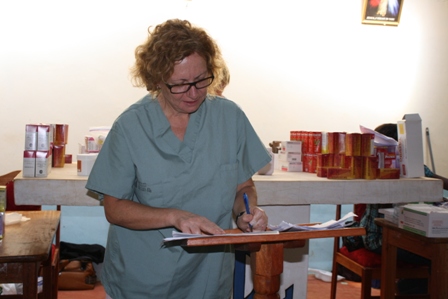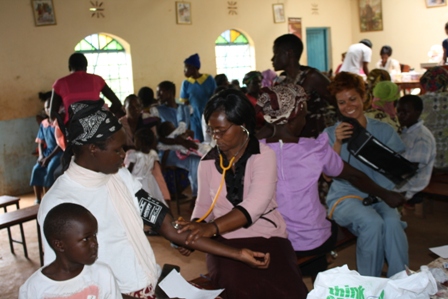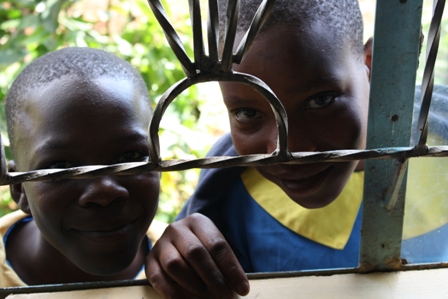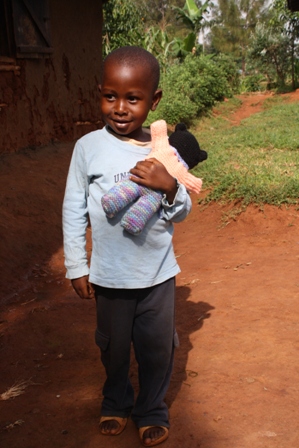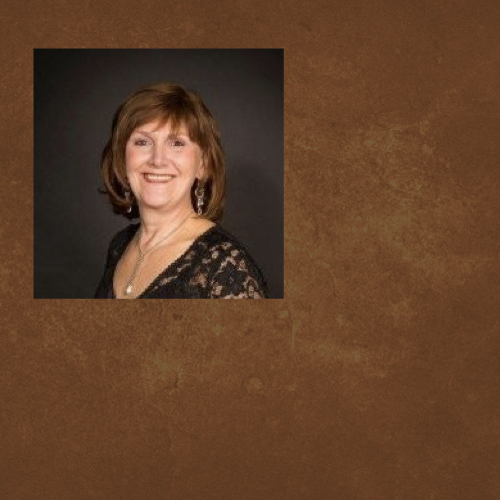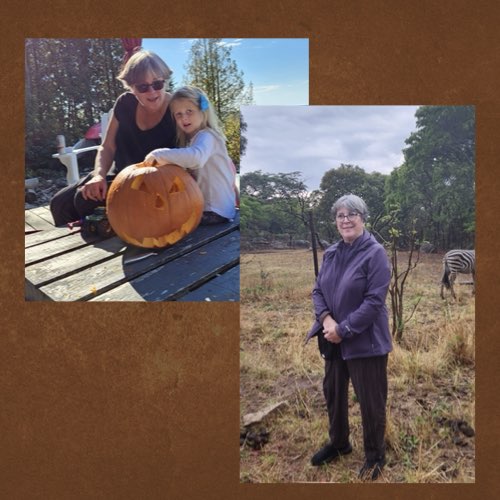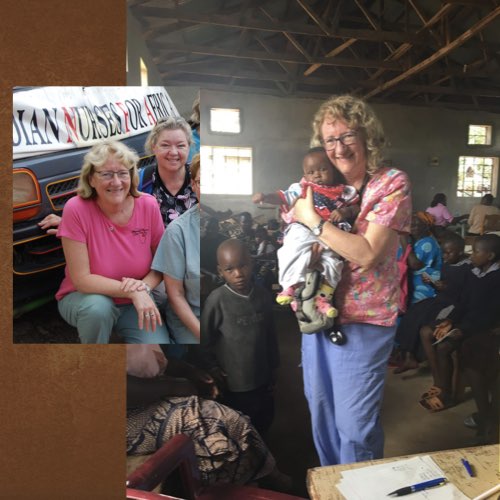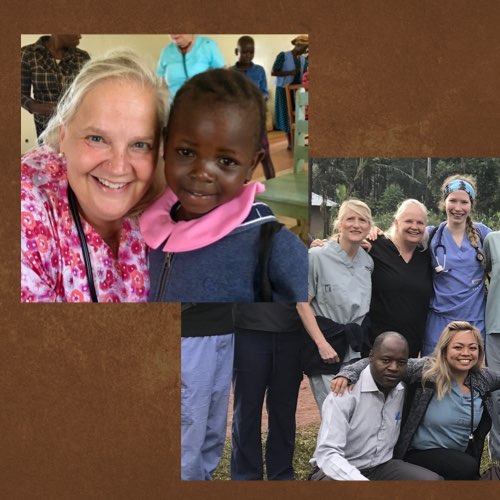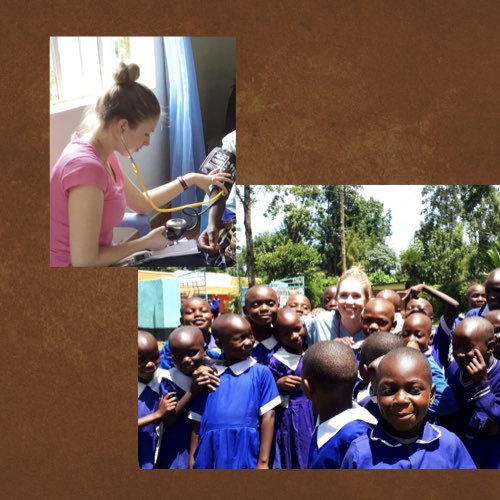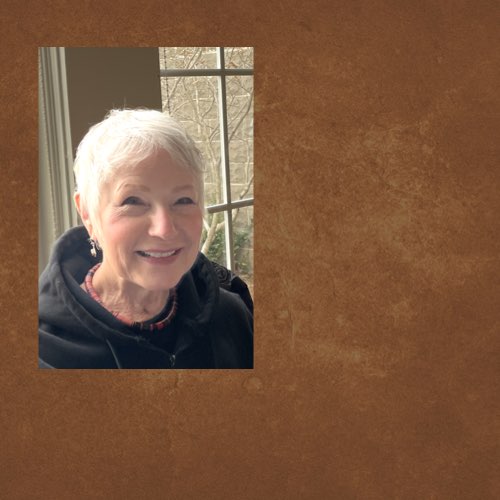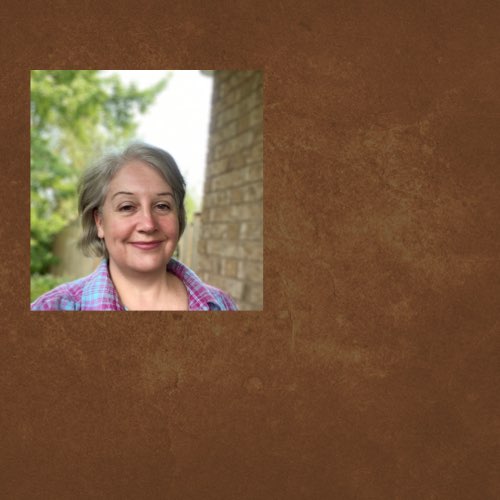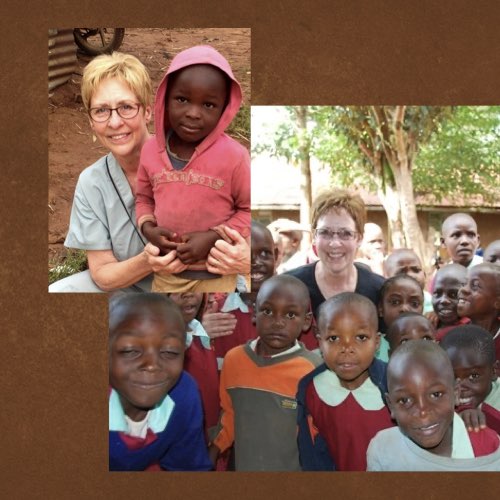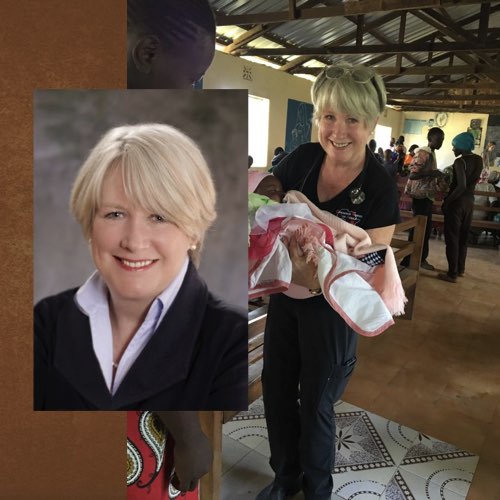Today was unlike any other. We didn’t break down; we didn’t leave anyone behind; and we weren’t stopped by the police nor did anything else happen that it shouldn’t. We drove to and from the clinic without incident (what is with that???).
Itando is a small village near a Catholic Church, St Francis Assis. This is the first time we worked in a Catholic Church but the priest and the nuns (we believe the nuns were from France) were most accommodating. As usual, we started the day with a prayer and once the day was over, we had treated 792 patients in the clinic, 150 jiggers patients, held a sexual health clinic, and dewormed the 460 children in the school.
This was a very poor school, with over ½ of the children orphaned. The headmaster, who was a very compassionate man, told how the community feeds the orphan children a lunch of maize and beans and assists with school fees and uniforms for these children. Grandmothers don’t have the ability to feed the grandchildren they inherit from their dead children. One mother approached Gail and asked for help. “My daughter is dead; my son is dead. I have 4 children. Can you help?” I will let those words touch you. If there is a Grandmother’s group who wants to reach out to these Kenyan grandmothers, please contact Canadian Nurses for Africa. Our contact information is on our website.
We had an 18 year old girl crawl into the clinic this morning. We have taken her contact information and will try and get her a wheelchair. No one should have to crawl on the ground.
The government plans to build onto the school but they told the community that there were responsible for the water supply and the latrines. The school has 4 latrines for about 250 boys and they are falling in. Unfortunately, the latrines for the school overlook the spring where the school and the community retrieve their water. We also heard that the school children lose too much time in a day as they have to fetch drinking water by hand to ensure there is water for cooking and for drinking during the day. A composting latrine would be ideal for this school. Composting latrines use the sun and cooking ash to break down the solid waste and the liquid into fertilizer and urea. After a year, the fertilizer can be used to grow anything except root crops. The area farmers actually buy urea to grow their crops…very sustainable and not very expensive. This school has a thriving and caring community who strive to make things better with very few resources. We are so fortunate to live in a country where clean water comes from a tap.
Tomorrow is our last clinic,
Dawn

